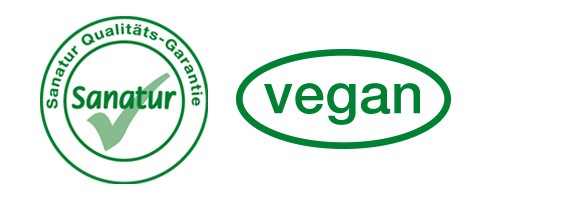Flushing, persistent redness in the center of the face, and visible spider veins can be signs of couperose, a condition linked to poor capillary elasticity. Dilated capillaries lose their ability to contract, allowing blood to pool and become visible. If the condition worsens, it may lead to rosacea, an inflammatory skin disorder. Unsightly nodules may form on reddened areas, the complexion becomes uneven, and stagnant bluish patches can appear.
Risk Factors:
- Thin, fair, hypersensitive skin: Couperose and rosacea are sometimes referred to as the “curse of the Celts,” as red-haired people from Northern Europe often have light, easily flushed skin prone to these issues.
- Hormonal changes: During menopause, many women experience facial flushing, which may contribute to the development of vascular disorders.
- Stress and nervous system instability: Dermatologists observe that rosacea's inflammatory phase often occurs in response to high stress, which overwhelms the nervous system.
- Weakened immunity: Factors such as allergies, intestinal dysbiosis, and chronic infections (e.g., dental caries, tonsillitis, urogenital issues) can lower the skin’s immune threshold. As a result, even minor external irritants—like cold weather, UV exposure, spicy foods, or alcohol—can trigger inflammation.
- Inappropriate skincare: Using harsh products can damage the skin’s barrier function and promote colonization by harmful microorganisms.
At the first signs of persistent capillary dilation, lifestyle changes are recommended to reduce triggers. Avoid red wine, strong alcohol, and spicy or hot foods. Prioritize rest and relaxation. Skincare should be extremely gentle, free of aggressive detergents.
Rose vs. Couperose
Skincare products containing rose essential oil and rose water can deliver excellent results. They support a healthy complexion, strengthen blood vessels, and positively affect emotional well-being.
Rose’s natural aroma has a harmonizing effect on the female body. It helps ease emotional tension, reduce anxiety, and promote a sense of balance—thereby minimizing stress-related inflammation. Additionally, rose supports hormonal regulation, particularly during menopause, helping to counteract the effects of hormonal imbalance.
Choose gentle, velvety formulations enriched with precious plant oils such as avocado, olive, shea, and cocoa. These soothe and nourish skin prone to redness. Lanolin (wool wax) is particularly effective in restoring the skin’s barrier, enhancing its resilience against external stressors.
Nutritional Support
High-quality food supplements can enhance topical treatments:
- Omega-3 fatty acids: Help reduce the transmission of pro-inflammatory cytokines and support the production of epidermal lipids, which are crucial for moisture retention and skin barrier function.
- Astaxanthin: Promotes healing and improves skin tone and texture.
- Bioflavonoids: Strengthen capillaries and support tissue regeneration.
- Vitamin C: Reduces inflammatory reactivity, supports collagen production and wound healing, and helps reinforce capillaries.











